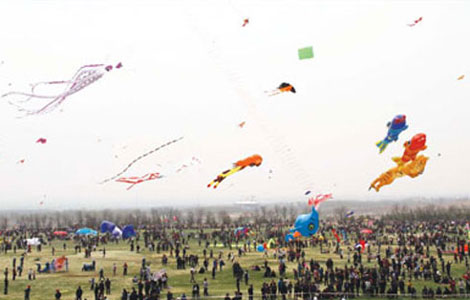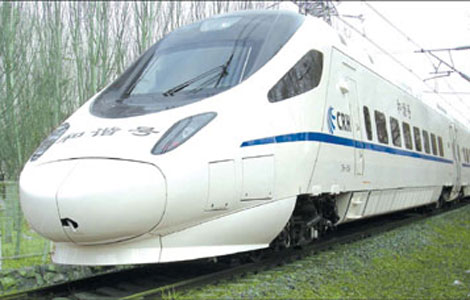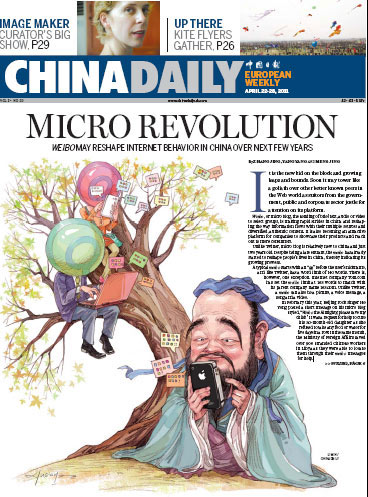Foreign and Military Affairs
Countries 'seek more investment for development'
Updated: 2011-04-27 07:59
By Ding Qingfen (China Daily)
BEIJING - Countries in Africa are more eager than ever, following the political turmoil in the wake of the Tunisian unrest, for economic development and foreign investment to raise living standards, a senior official from the Ministry of Commerce said.
"The social unrest has raised the alarm over the necessity for reforms and economic growth," Fu Ziying, vice-minister of commerce, told China Daily in an exclusive interview after his recent official visit to six African nations, including Egypt and Tunisia.
"Chinese investment is becoming more and more important. Africa needs to open wider to the world."
Since the global financial crisis, Chinese companies have invested heavily overseas, with Africa one of the top destinations.
State-owned companies including Sinopec, Chalco and Haier, have established operations in Africa.
However, investment from China is dwarfed by the West, especially the United States and the European Union, said Hu Zhirong, vice-president of China-Africa Development Fund (CADF).
Annual foreign direct investment into Africa is estimated to be $80-90 billion, but China only contributes about $1 billion. China's overseas investment mainly goes to Asia and Oceania, Hu Zhirong said.
"Such a tiny proportion does not tally with China's long-term economic and trade relationship with Africa, so we could say the investment potential for China in five to 10 years is huge, especially in manufacturing and infrastructure," Hu said.
Political turmoil erupted in some north African nations, starting in Tunisia, at the beginning of this year. Chinese companies have withdrawn staff and halted operations in north Africa and others have delayed investment.
"The turbulence is a price that Chinese companies have to pay for investing overseas, but there are still many opportunities," Fu said.
Fu visited Mauritania, Guinea, Mali and Ethiopia on his recent trip as well as Egypt and Tunisia, both of which were swept up by the turmoil.
"African nations are finding it a pressing task to change their economic development mode, which translates into plenty of opportunities for Chinese companies," Fu said.
China is also willing to share its experience in developing its economy with Africa as its increasing prosperity over the last three decades is a prime example for many developing nations, he said.
By the end of 2010, China's accumulative foreign direct investment reached more than $1 trillion and the nation's foreign trade was $2.97 trillion, accounting for 10 percent of global trade.
Many African nations are boosting efforts to invigorate their economies and create more jobs. Ethiopia has launched its second five-year plan (2011-2015), known as the Growth and Transformation Plan, as it strives to switch from an agricultural economy to an industrial one.
"China and Africa need each other more and more, as both are at crucial periods of economic transformation," said Li Xiaobing, deputy director of the department of Western Asian and African affairs of the commerce ministry.
E-paper

Blowing in the wind
High-Flyers from around the world recently traveled to home of the kite for a very special event.
Image maker
Changing fortunes
Two motherlands
Specials

Models gear up car sales
Beauty helps steer buyers as market accelerates.

Urban breathing space
City park at heart of Changchun positions itself as top tourism attraction

On a roll
Auto hub Changchun also sets its sight on taking lead in railway sector




